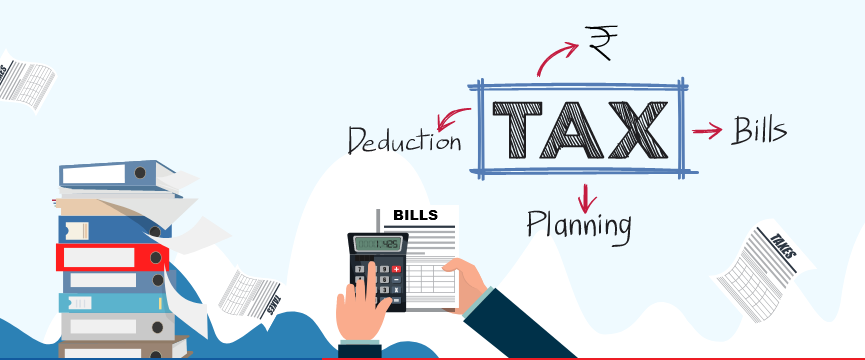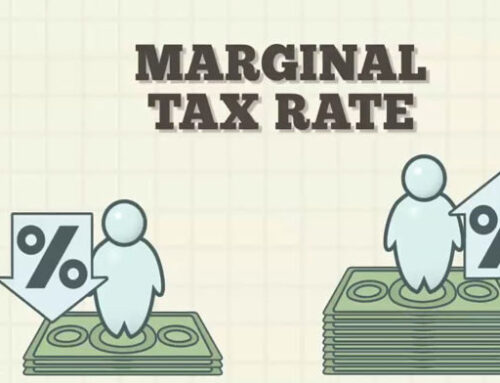Unlock Tax Considerations for Local and International Students: Maximize Your Refund and Minimize Tax Obligations
As a post-secondary student, whether you’re enrolled full-time or part-time, you have access to a range of exclusive tax credits designed to boost your refund or lessen the amount of taxes you owe when you file your return tax for international students. It’s crucial to be aware of these opportunities and ensure you take full advantage of the available credits and deductions to secure the refund you rightfully deserve.
By tapping into the various tax benefits tailored specifically for students, you can optimize your financial situation and potentially receive a significant refund. These credits and deductions are tailored to ease the financial burden of education and recognize the unique circumstances faced by students like yourself.
When filing your tax considerations return, it is essential to thoroughly explore the credits and deductions at your disposal. This includes examining options such as tuition and education-related expenses, textbook costs, student loan interest, and other eligible deductions. By leveraging these provisions, you can maximize your refund and minimize any tax obligations you may have.
Remember, being proactive in understanding and utilizing the available tax benefits can make a substantial difference in your financial well-being. Don’t miss out on these opportunities—take the necessary steps to ensure you fully capitalize on the credits and deductions applicable to your student status.
By staying informed and making informed decisions when it comes to your taxes, you can optimize your financial outcome and receive the refund you deserve.

Tax Considerations: Understanding Taxable Income and Exemptions
When it comes to filing your taxes, it’s essential for Canadian students to be aware of specific factors that may impact their taxable income. Contrary to popular belief, full-time students are not exempt from paying income tax considerations in Canada. If you earned income from summer jobs, part-time employment, or any other source, it is necessary to file an income tax considerations return. Regardless of the nature of the work (occasional, part-time, or full-time), all the money received is considered employment income, including any tips earned during employment. Additionally, any interest received from a Registered Education Savings Plan (RESP) is also considered taxable income.
However, it’s important to note that certain forms of income, such as scholarships, bursaries, and grants, are typically exempt from taxation. These financial aids provided for educational purposes are not included in your taxable income. Nonetheless, it is crucial to consult with tax professionals or refer to the guidelines provided by the Canada Revenue Agency (CRA) to ensure proper reporting and compliance with tax regulations.
As a Canadian student, understanding your tax obligations and exemptions is key to effectively managing your finances. By accurately reporting your taxable income and leveraging the available exemptions, you can navigate the tax-filing process confidently. Be sure to gather all relevant documentation, such as T4 slips for employment income and receipts for any eligible education-related expenses, to support your tax return.
Remember, staying informed about taxable income and exemptions tax considerations specific to students can help you meet your tax obligations and make the most of any eligible deductions or credits.
Also read: Are you at risk of being penalized with the Underused Housing Tax?
Maximize Your Student Tax Benefits: Don’t Forget to Claim the Federal Tuition Tax Credit and Student Loan Interest
As a post-secondary student, it’s crucial to take advantage of available tax credits and deductions to optimize your financial situation. Two important considerations when filing your taxes are the federal tuition tax credit and the ability to claim the interest paid on your student loans.
The federal tuition tax credit is a significant benefit for students, even if you have no income to report on your tax return. This credit allows you to claim eligible tuition fees paid for post-secondary level courses. Additionally, you can also claim fees paid to certified educational institutions for courses aimed at developing or enhancing occupational skills, as well as fees for occupational, trade, or professional exams. By including these expenses in your tax return, you can benefit from this valuable credit.
Another essential aspect to consider is the interest paid on your student loans. As you repay your loans, you have the opportunity to claim the interest as a non-refundable tax credit. This credit helps reduce the amount of taxes owed, providing you with additional financial relief. Be sure to gather the necessary documentation, such as loan statements, to accurately report the interest paid and claim this credit.
By utilizing these tax provisions, you can effectively manage your financial obligations and maximize your overall tax benefits. Remember to keep track of your tuition fees and student loan interest payments to make the most of these opportunities when filing your taxes.
Consulting with tax considerations professionals or referring to the guidelines provided by the Canada Revenue Agency (CRA) can provide further clarity and ensure compliance with tax considerations regulations. Take advantage of these valuable credits and deductions to support your financial well-being as a student.

Maximize Your Tax Benefits: Exploring Transferable Credits, Moving Expenses, and Tax Obligations for International Students
As a student, it’s essential to be aware of additional tax considerations that can further enhance your financial situation. Here are some key points to keep in mind:
- Transferring Unused Credits: If you have unused tuition tax credits in the current tax year, you have the option to carry them forward and claim them in future years. However, it’s important to note that you must claim these carry-forward amounts in the first year you have taxable income. Another possibility is transferring up to $5,000 of these credits to qualifying relatives such as parents, grandparents, spouses, or common-law partners.
- Student Moving Expenses: If you relocated at least 40 kilometers away from your home to secure a summer job, you may be eligible to claim moving expenses. This can include transportation costs, tax considerations storage fees, travel expenses, temporary living expenses, and more. Additionally, as a full-time student in a post-secondary program, you may also claim moving expenses if you have taxable scholarship income (although this is not typically the case).
- International Students Studying in Canada: It’s important to understand that the Canadian tax system is based on residency rather than citizenship. If you received Canadian-source income, such as employment income from a Canadian employer, or if you are considered a resident, you will need to file a tax return. International students who wish to claim eligible tax credits or deductions, such as GST/HST credits, tuition-related tax credits, provincial credits, or tuition rebates, are also required to file a tax return.
Also read: Blogger Tax Deductions: Do’s and Don’ts
By staying informed and fulfilling your tax considerations obligations, you can maximize the tax benefits available to you as a student. It is advisable to consult tax professionals or refer to the guidelines provided by the Canada Revenue Agency (CRA) to ensure accurate reporting and compliance with tax regulations.
Take advantage of transferable credits, explore potential moving expense claims, and understand your tax obligations as an international student. This will help you optimize your tax considerations situation and make the most of the available benefits.
Recent Posts
FAQ
How can students effectively manage their financial obligations and maximize tax benefits?
Students can effectively manage their financial obligations and maximize tax benefits by utilizing available tax provisions. It is crucial to keep track of tuition fees and student loan interest payments to fully capitalize on these opportunities when filing taxes. By doing so, students can optimize their overall tax benefits and effectively handle their financial responsibilities.



